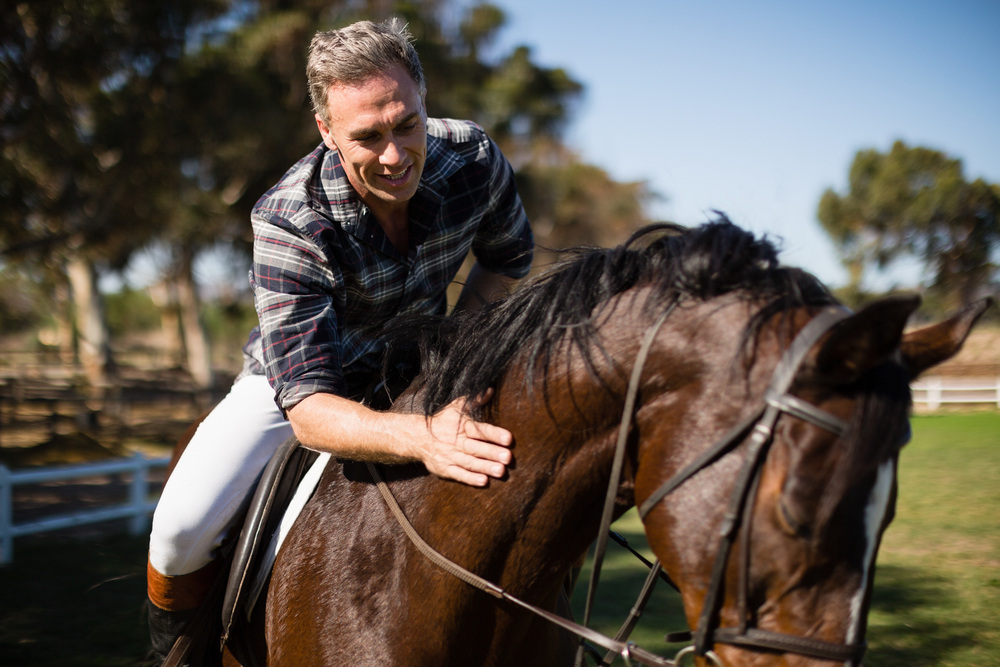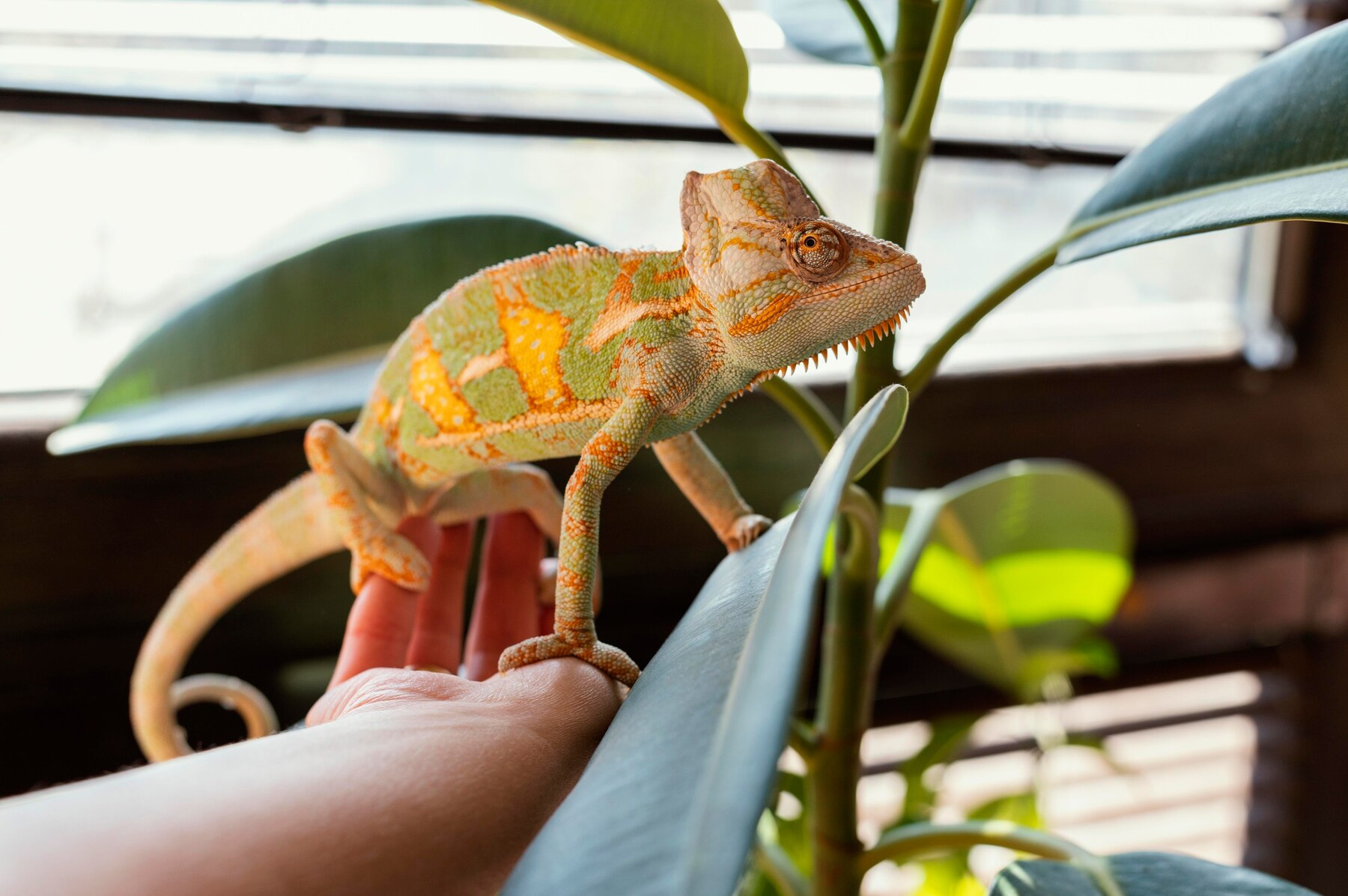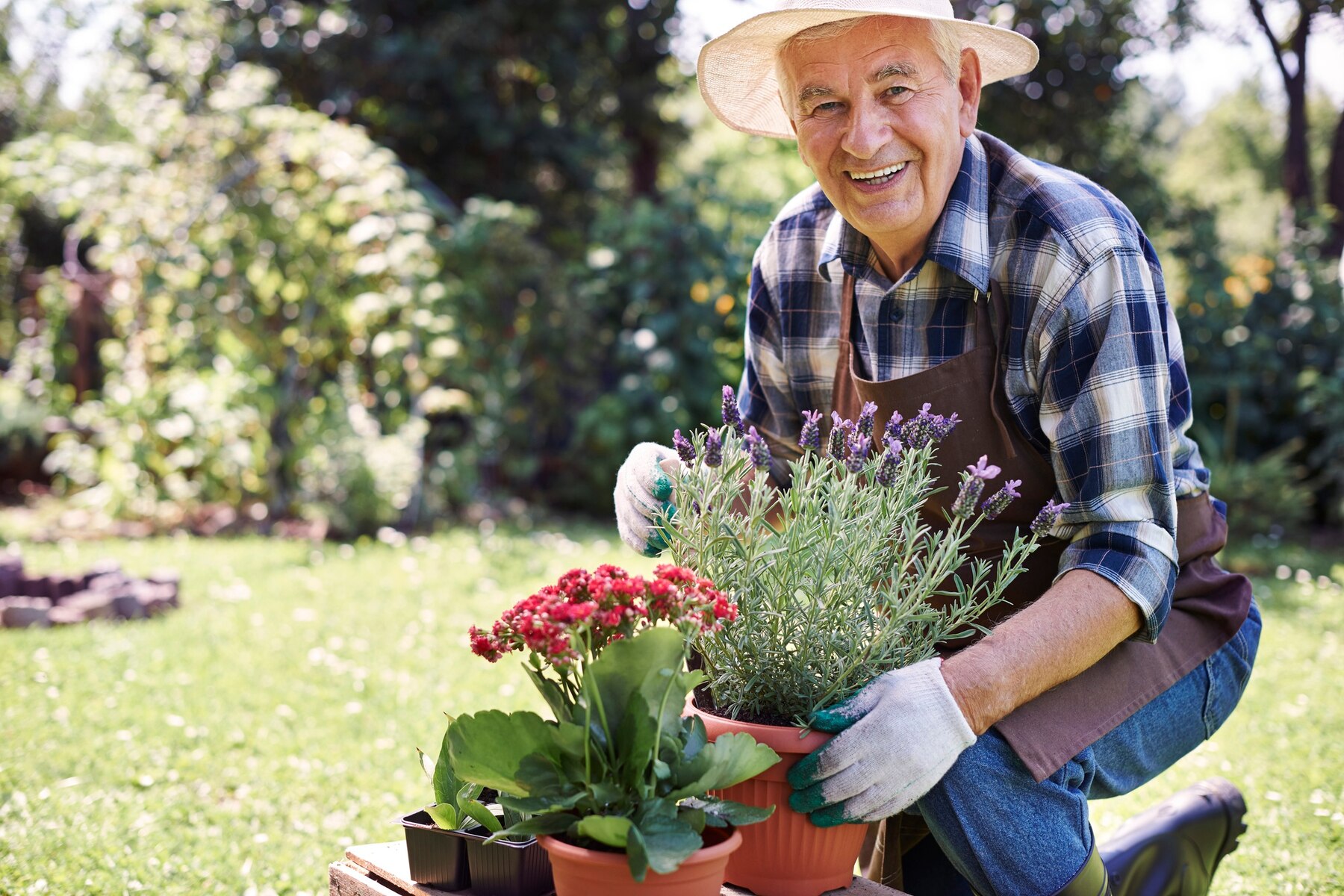How to Become a Horse Care Specialist
Have you always wanted to work with horses? Caring for these magnificent animals entails a lot of hands-on work, skill and patience. With passion and perseverance, you can have a fulfilling and rewarding career in a variety of fields that involve horse care and management.
It’s a given that you need to be comfortable with working around horses. So, let’s go through the skills that will serve as your solid foundation if you wish to become a specialist in horse care.
Horse handling
You need to have basic handling skills that are required when interacting with horses. These include leading, bathing, cleaning the hooves, wrapping the legs, blanketing, and cooling them down after working out. These skills can be further developed as you work with horses of varying breeds and ages.
Grooming and maintenance
Keeping horses well-groomed ensures that their coats remain healthy, their manes trimmed properly, and their hooves are regularly cleaned. This will also help prevent health issues that could arise from lack of maintenance. As horses are outdoor animals, you should be able to work outside regardless of the weather conditions. You must also be physically fit to perform this labour-intensive activity.
Horse riding and training
Having a general knowledge of riding and training horses is important, even if it is not necessarily required for some careers in the equine industry. You must have a keen sense of equine behaviour and knowing how and when to use conditioning methods if you want to be a horse trainer. You also need to have competent riding skills if you would like to focus on riding-intensive work such as being a ranch hand or a horseback riding instructor.
Knowledge of equine anatomy and behaviour
Having a basic background on horse anatomy is also an advantage for equine specialists. You must also have a general idea on horse conformation such as the horse’s basic points, with particular attention on the legs and hooves. A horse specialist should also be familiar with certain body language cues that indicate a horse’s behaviour towards a situation. You also need to know what techniques to apply if they show aggression or fear.
Awareness of healthcare and nutrition
You should be able to identify health issues – including changes in the horse’s behavioural patterns, know how to treat injuries, or refer them to a trained veterinarian for more severe cases. You must also learn how to perform basic healthcare duties such as giving oral medicines, treating small cuts and wounds, and applying wraps for leg injuries. Meeting the requirements of equine health standards involves providing the appropriate nutrition for the horse. This includes how much feed is needed and how to prepare it, especially if the horse is on a special diet for medical reasons.
Here are examples of job roles that you can explore if you wish to have a career in the horse care and management industry.
1. Groom / Stable or farm hand / Horse caretaker
In this role, you’ll be tasked with bathing, grooming, exercising, and feeding the horse. You must also be prepared to administer basic medical treatment for injuries and assist veterinarians when needed. You should ensure the cleanliness of the stalls and the maintenance of any equipment and facility in the ranch or stable. You will also provide assistance in preparing the horses for rides or for transport.
2. Horse trainer
You will be responsible for training horses – whether for rides, races, or shows — and help them feel comfortable with the riding equipment and with human interaction. You’ll need to understand their behaviour and learn to apply proper training techniques to gain their trust. If you’ll train racehorses, you will also arrange appointments for vet check-ups and even create race strategies and exercise plans.
3. Horseback guide
For tours with horseback riding activities, you’ll be guiding the guests through locations while explaining the significance of these sites. You’ll also be in charge of the safety of the guests and the horses, making sure that both are comfortable with each other. You may also be tasked to assist in the care and training for these horses.
4. Horseback riding instructor
You’ll be teaching people of different skill levels on how to ride horses. This includes creating instructional programs and organising lessons for individuals or groups. You are also responsible for the safety of the student and the horse during these lessons. You must supervise the student’s performance, clearly informing them with instructions, and teach them how to improve their riding skills. You may also be involved in the maintenance of the stables and the riding equipment.
5. Veterinary assistant
You will assist the veterinarian in providing health and medical services to animals. In horse care, you will make sure that the horse remains calm while it is being examined or treated. Your work may also include cleaning the medical equipment and the examination area, helping the veterinary technician to collect biological samples, feeding, exercising, and bathing the animals confined in the vet’s clinic, and do clerical work such as obtaining medical information and organising health records of the animal patients.
Online course provider in Australia
Developing specialised skills through extensive training is important if you want to work with horses on a professional level. At Courses4Me, you’ll be exposed to a wealth of knowledge and know-how through our online course modules, prepared by experts in the field of horse care and management.
Through our Equine Care and Behaviour Course, you’ll receive proper instruction on horse genetics and behavioural patterns as well as in-depth training on feeding, stabling, shoeing, exercising, and other relevant topics on horse care and maintenance. You may also check out our animal welfare courses online for more selections.
For more information, download the FREE course guide from our website. You can also reach out to us at 1300 100 008 or fill up our contact form if you’d like to send us a message for enquiries about our online courses.







